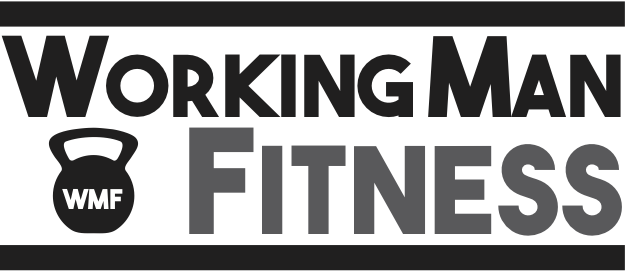Steve Maxwell turned me onto the idea of measuring my morning pulse. He said that if it’s more than 3 beats higher than the weekly average, that I should skip intense training and take it easier. So, I listened and for more than a year, every morning I took my pulse.
What did I learn from this? Well, thankfully I took down some other data when my pulse was high. While my method probably isn’t scientifically valid because there are a ton of variables, some things seemed to have an obvious effect—they increased my heart rate:
- Emotional upsets
- Big dinners
- The onset of gout
- Big decisions (putting an offer in on a house)
- Work stress
Exercise is stress. A good stress in most cases, but not always. By gaining an understanding of when I’m fatigued or stressed, I was able to modify my training or skip it altogether and prevent sickness.
There was a pitfall to this, though.
Over the course of the year I developed a cautious approach. Instead of an approach of building health, my approach became preventing sickness. Clearly, this is a mistake. Looking over the year, I think that I lost too much weight and became too thin. Part of this was due to a fear—yes, I think it was a fear—of overeating and eating the wrong things in general. Any approach where fear is a motivator is probably not going to win out long term.
Back to the heart. It’s clearly an incredibly important organ and listening to what it is telling you, even if you can’t fully interpret it, is a great exercise in and of itself. Living is a pretty wild thing and there are all sorts of factors influencing our decisions, our health, our relationships, and so much of this is going on unconsciously.
Measuring my morning pulse for a year gave me insight into how some life events were affecting my heart and increased my consciousness. This in turn gave me some insight into managing these life events and changing elements of my life to build health (although at the time I considered it avoiding sickness—a mistake I’ve acknowledged).
If you’re interested in trying this, it’s pretty simple—just take your pulse when you wake up. Then record it. Then start noting differences and paying attention to different factors that might have contributed to the difference.
I’m no longer going to track my morning pulse. I did it for a year. Now I can take my pulse and know whether it is high, normal, or low. I think I’ve gained enough insight for now.
But if you haven’t done this, I encourage you to give it a try—pay attention to what your heart is telling you and I guarantee you’ll learn something.
By the way, last year’s average pulse? 53.74861878. (It helps to use a spreadsheet to track this! 🙂 )
